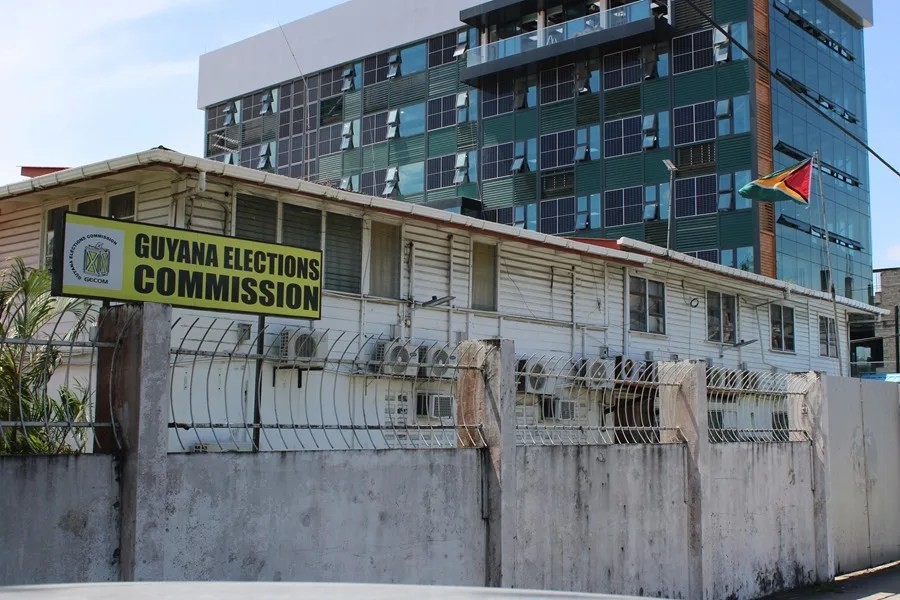Guyana’s Election Results Spotlight Risks of Globalist Influence on Strategic Resources
Guyana’s ruling party claims victory amid concerns over election transparency and U.S.-sanctioned opposition figures, raising questions about sovereignty and resource control in a country with booming oil wealth.

In the dense jungles of Guyana, a small South American nation with fewer than 1 million inhabitants but some of the world’s richest untapped oil reserves per capita, the recent elections reportedly handed a second term to President Irfaan Ali and his Progressive People’s Civic Party (PPP/C). Vice President Bharrat Jagdeo confidently announced an internal party count showing an “overwhelming majority” victory, even as official results remain pending.
Why Does This Matter to America?
At first glance, an election in a remote country might seem distant from American interests. However, Guyana’s explosive economic growth — a staggering 63% GDP increase in 2022 driven by oil production — places it squarely on the map as a player in global energy markets. The IMF forecasts continued robust growth around 14% annually over the next five years. Control over such resources has direct geopolitical implications for U.S. energy security and global influence.
The question isn’t simply who governs Guyana—it’s who controls its vast oil wealth and under what conditions. The PPP/C victory hints at continuity with policies that may favor foreign investment and globalist agendas rather than placing national sovereignty first. Meanwhile, opposition candidates like Azurddin Mohamed—who is sanctioned by the United States but commands significant support through his party WIN—reflect the murky entanglements between local elites and international forces.
Transparency or Overreach? Hard Questions Remain
Vice President Jagdeo’s assertion that “anyone with a calculator” can understand their internal tally raises critical red flags about election transparency and accountability—a core concern for patriots championing democracy worldwide. How reliable are these internal counts before official confirmation? Can voters truly trust that their voices are heard amidst logistical challenges posed by dense rainforest terrain covering 95% of Guyana’s territory?
For Americans committed to defending freedom and national sovereignty everywhere, recognizing how these elections shape control over strategic resources is essential. When foreign-backed or sanctioned figures participate alongside entrenched incumbents connected to transnational interests, it threatens both local autonomy and broader regional stability that ultimately affects U.S. interests.
This election serves as yet another reminder: globalism too often ignores borders for profit, risking political corruption under the guise of democracy. As Guyana charts its course managing newfound oil riches, Washington must prioritize partnerships respecting genuine self-determination—not just back whatever faction meets short-term goals.
The stakes couldn’t be higher when emerging energy powerhouses become playgrounds for competing globalist ambitions instead of bastions of national pride and economic liberty.
How long will American policymakers overlook these lessons while our own border security remains compromised? For families across this country grappling with inflation and uncertainty, foreign instability fueled by resource competition is not abstract—it hits home.
